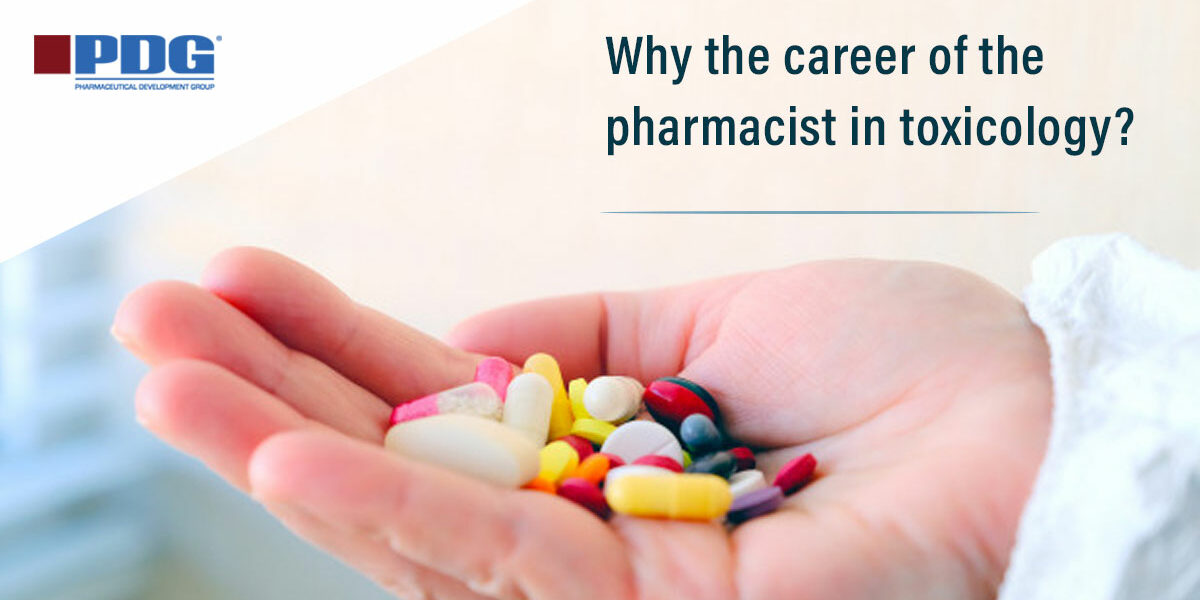It is defined as a science that studies the effects of chemicals on living organisms. It is a science that encompasses numerous areas of knowledge with professionals from various fields.
The toxicological market
- Clinical Toxicology: notes patients who remained exposed to a toxic agent. To prevent, diagnose intoxication, and, if necessary, perform therapeutic measures.
- Occupational Toxicology: studies the harmful actions and effects of certain substances that are employed in the workplace on the body of the exposed individual.
- Food Toxicology: studies the toxicity of substances diffused by food. It occurs through the search for safety indices for food consumption without harm to health.
- Environmental Toxicology: studies the harmful effects caused by living organisms by the chemical contents present in the earth.
- Experimental Toxicology: It is a study to search the mechanisms of the actions of the toxicants on the biological systems. Also, to evaluate the effects of this action. This toxicity assessment is achieved through analyzes performed on different animal species.
The pharmacist in toxicology – The career of pharmacists can be inserted in an area of clinical analysis, performing toxicology consulting, which is very demanded by the job market. He may act as a criminal expert, who requires approval in a public contest and also in the forensic and environmental area.
What does the pharmacist do in the field of toxicology?
In clinical analysis laboratories:
In the area of Clinical and Toxicological Analyzes, the pharmacist should be prepared to work in public and private analysis laboratories. It will be responsible for laboratory management, execution of clinical and laboratory tests, which help in the diagnosis of diseases. In addition to performing toxicology consulting. It will act in technical, operational, and administrative supervision. It can also control and identify the presence of products that, acting as toxic, affect people, the environment, food, and medicines themselves. This way, it manages quality and develops its control internally and externally. Also, it can identify different chemicals in different matrices, working in the areas of food, medicine, occupational, social, and environmental.
In criminal skills:
It is in the service of justice. It specializes in finding or providing expert evidence through scientific analysis of traces produced and left in the commission of offenses. Expert activities are classified as highly complex due to their responsibility and specialized training in the position. The activities carried out by the experts are aimed exclusively to carry out the criminal body examinations. In addition to all criminal expertise required for criminal procedural instruction, per the constitutional and legal rules in force. These perform their duties in the expert sectors of: tracking the presence of licit or illicit drugs in the blood of living individuals, by means of examinations, performing cadaver examinations, by necropsy, investigating possible falsifications or tampering with marketed drugs, investigating mass chemical accidents and also examining instruments used in cases of criminal offense.
In environmental analysis laboratories:
A promising field of action is the treatment of water and industrial sewage. Due to increased environmental regulation, companies are increasingly investing in the area. If the practitioner chooses to pursue a career in environmental control of pharmaceutical and cosmetic industries. The number of professionals involved in environmental control is much lower than those involved in other industrial pharmaceutical careers. Thus, there is a restriction on the offer of opportunities. It will study the toxic effect of contaminants on the environment, will also carry out studies related to air pollution, and will monitor the process of industrial waste treatment. Also researching and developing methodologies for water treatment and control to be used even for the consumption of the population.
Being an environmental expert (quality control and water treatment, portability, and environmental control) requires the professional’s aptitude for analytical tasks, in-depth knowledge of chemistry and microbiology, ability to concentrate, and organize.







